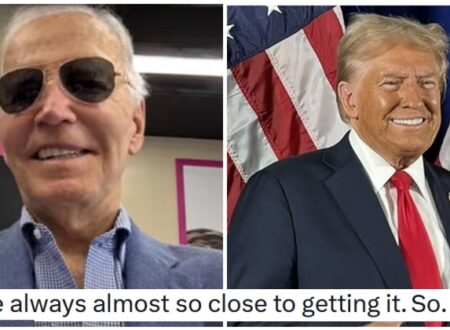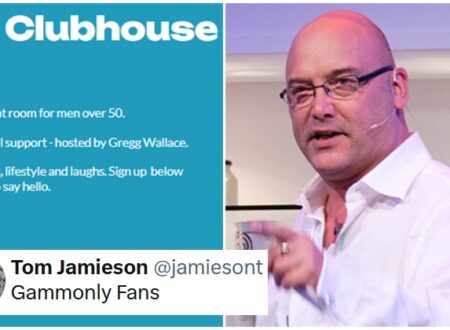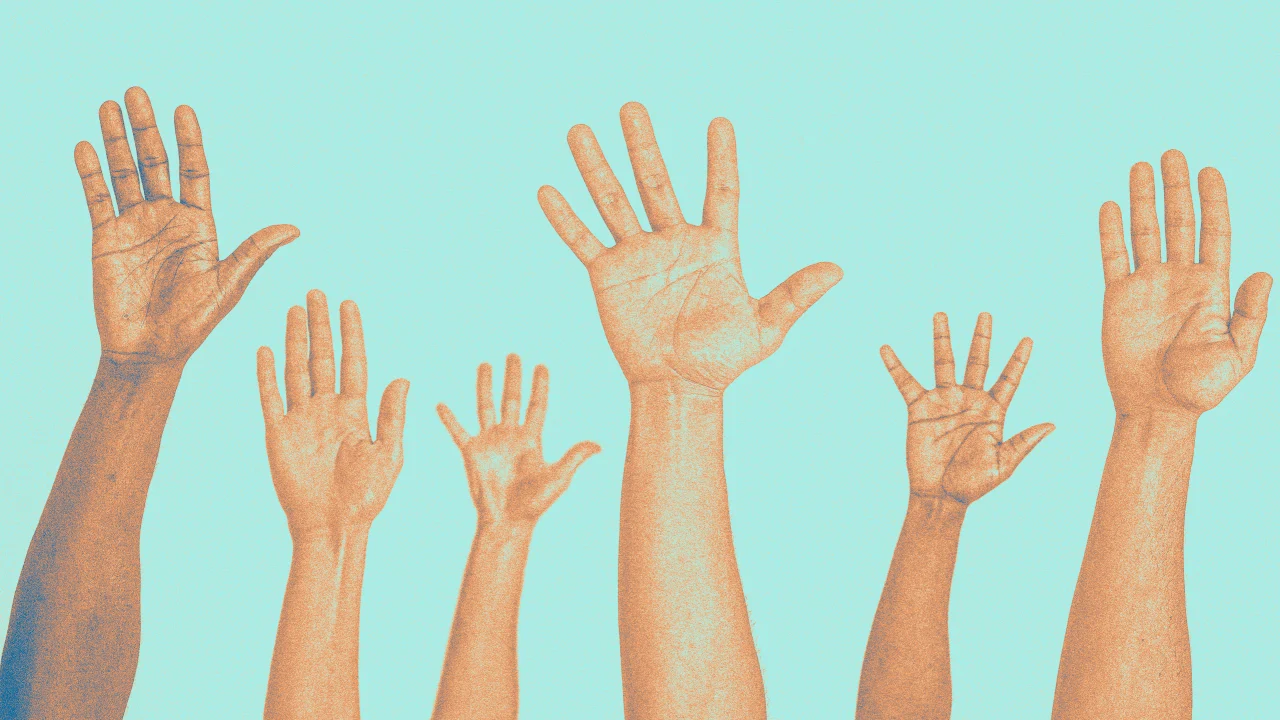Ty Haney on the female founder comeback era
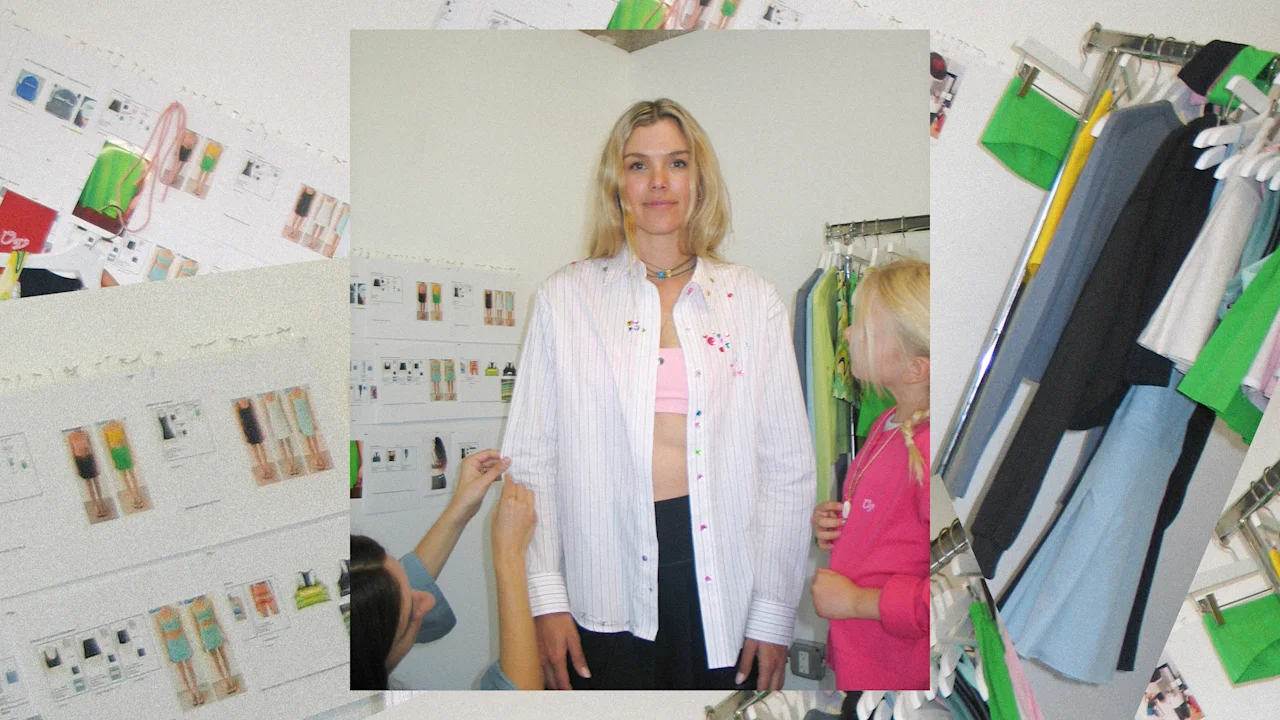
Ty Haney is wearing a blinged-out zip hoodie, with the words “Doing Things” emblazoned in diamanté. This was the motto of Outdoor Voices, the activewear brand she founded in 2013 at the age of 23.
Five years ago, Haney left Outdoor Voices in the midst of crisis. Reports swirled that Haney was experiencing conflict with retail magnate Mickey Drexler, who had been brought in as chairman, and that the company was losing money. Last year, Outdoor Voices shuttered all retail stores and was acquired by the private equity group Consortium Brand Partners. And in a twist, Consortium reached out to Haney to see if she would want to come back to lead the company again.
Haney said no. In her time away from Outdoor Voices, she had launched two other companies: Joggy, an energy drink brand that is now sold at Target, and Try Your Best (TYB), a consumer loyalty platform with 200 brands on it. “I was, like, ‘No, I’m busy,’” she recalls. “I enjoy what I’m doing.”
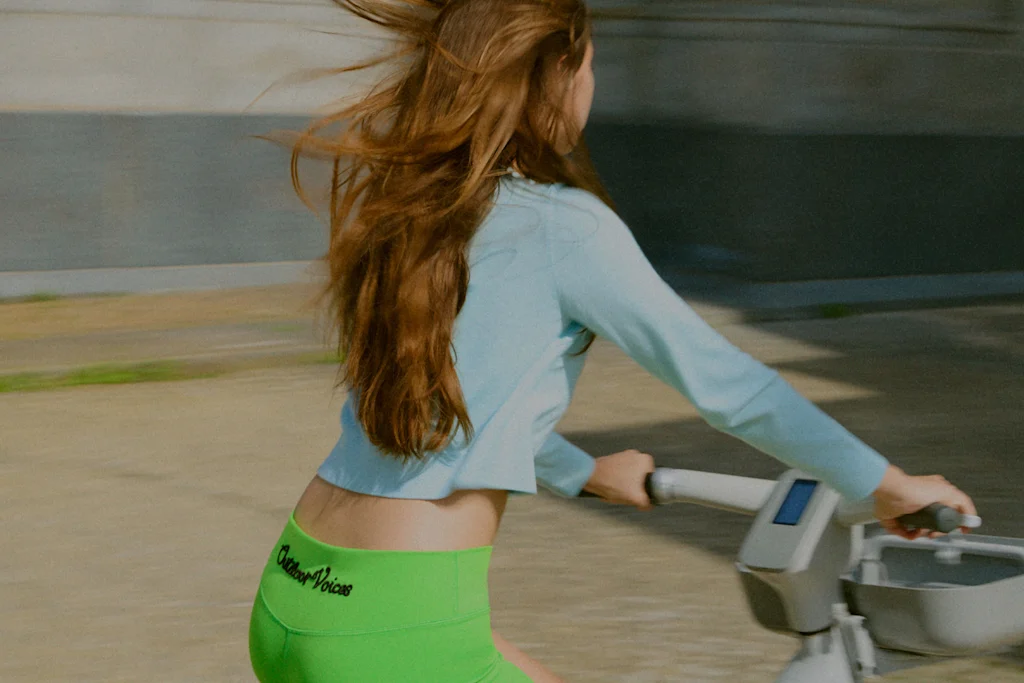
It wasn’t just that Haney had a lot on her plate, running two startups as a mother of two. It was also that her departure had been so traumatic. Haney was part of a broader wave of female founders who left their companies over the last five years, sometimes in a shroud of disgrace, in what has been described as the end of the girlboss era. Steph Korey, cofounder of Away, stepped down after being accused of creating a toxic work environment. Yael Aflalo, founder of Reformation, stepped aside because of allegations of racism. Gregg Renfrew, founder of Beautycounter, was ousted from her company after she sold it to private equity group Carlyle.
In Haney’s case, the problems were largely focused on profitability. The company had raised more than $60 million from investors like Forerunner and General Catalyst, who bet that Outdoor Voices could one day grow to the size of Nike or Lululemon. But six years in, it was losing $2 million a month, with annual sales of $40 million. Drexler was brought in to help steer the ship, but his strategies and leadership style were at odds with Haney’s. And she saw no other path but to leave her fledgling brand.
But even after turning down Consortium’s offer, the private equity firm kept coming back. And it struck Haney that she had an opportunity to revive the brand she had poured so much of her life into building, and to make it relevant to the next generation of consumers. “They saw a brand without a founder and a brand without vision, and that’s not a good scenario,” she says. “I began to think this could be a really awesome creative outlet.”
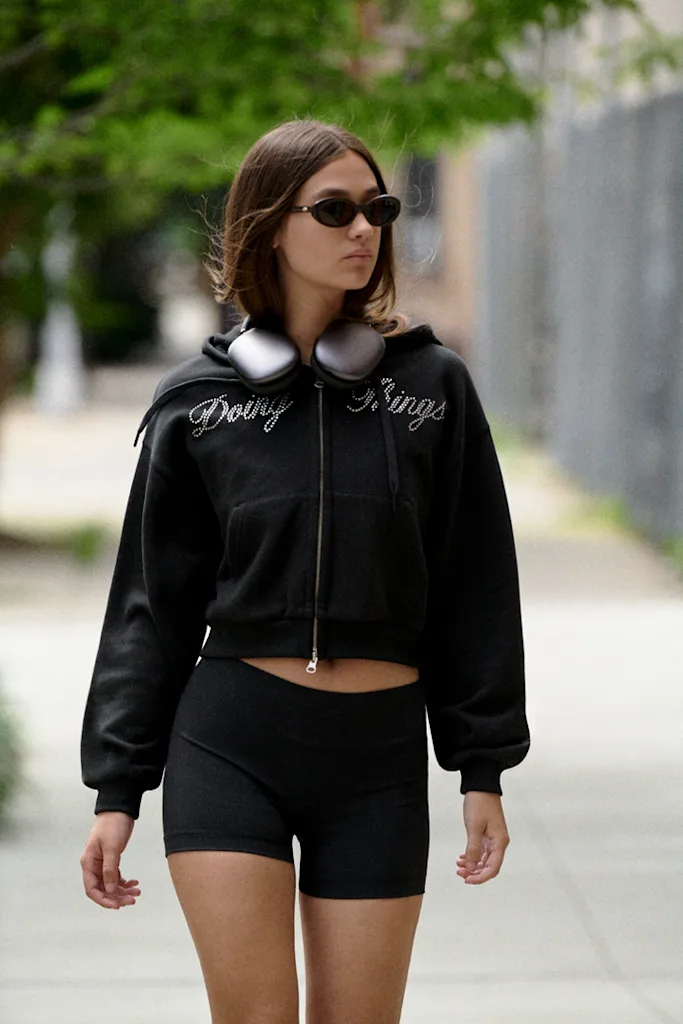
Haney quietly returned to Outdoor Voices a year ago. But she’s announcing her return this week in conjunction with the brand’s relaunch. Today, the website comes back online with a new collection of clothes thoughtfully designed to appeal both to the brand’s original millennial audience, but also to Gen Z. The products will be exclusively available to the TYB community, but will be shoppable to the wider public on August 5.
“We want to reactivate the original millennial loyalists,” Haney says. “But we’re introducing the ‘Doing Things’ philosophy to the next generation. The collection is boldly fashion-forward and fits into your lifestyle. I’m seeing Gen Z mixing in vintage and natural materials into their looks.”
I sat down with Haney to discuss why so many female founders came under attack, and how she plans to run Outdoor Voices differently this time around.
Looking back, why do you think so many female founders left their businesses? What do you make of the narrative of “the fall of the girlboss”?
There were a lot of dynamics at play. Firstly, the direct-to-consumer venture-funded model wasn’t a home run success. All of these sexy businesses and founders got a lot of capital—in my case, when I was quite young. The expectations to grow were massive. We were growing, but we were not a technology business. When you get inventory involved, growth becomes very challenging.
But challenges in business are normal. You face a hundred of them a day. It was unfortunate that the culture at the time was to take down women who had a lot of success.
What I’m most concerned about is the effects these massive takedowns of female founders have had on women’s appetite to start their own businesses, raise money, and go for big things. Right now, I want to model that a female founder can return. And that women should want to build big companies.
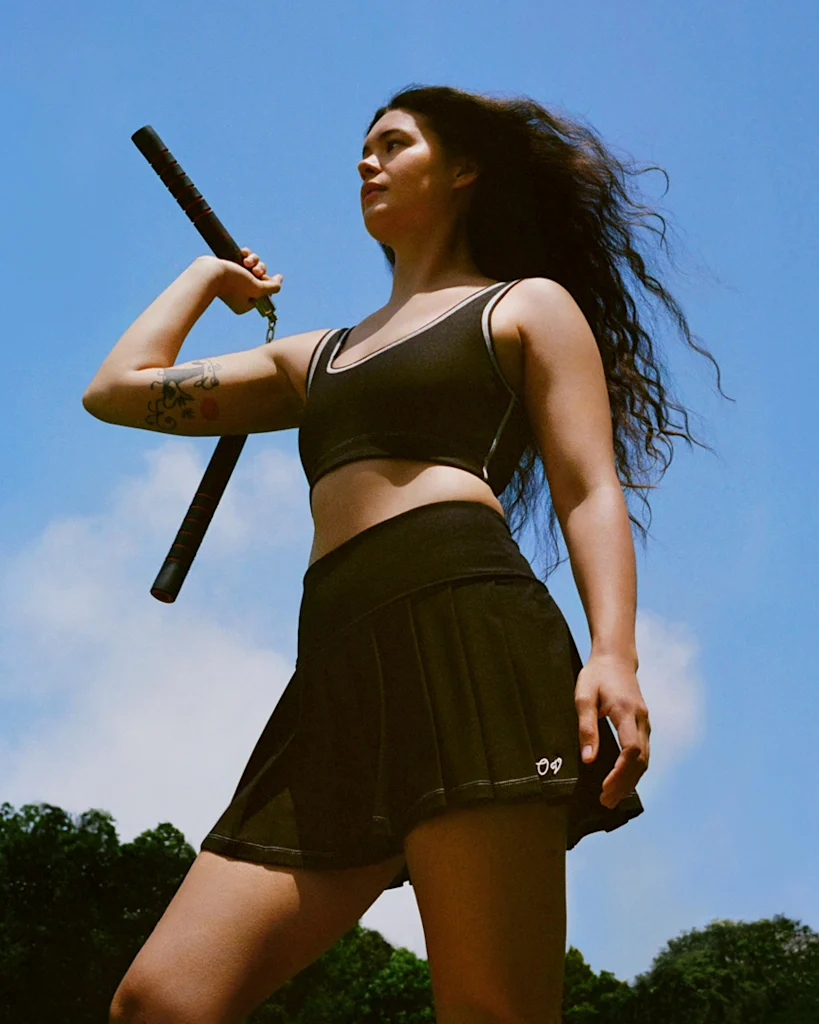
As I’ve written before, many of the female founders who were the face of their brands experienced the most misogyny. And female founders who were behind the scenes often avoided the worst of these attacks. Unfortunately, I think this has made many women in business more camera-shy. How do you feel now, coming back?
It’s still very important for me to own the message. Even for this relaunch, there’s a video in which I’m narrating and breaking the news. In my experience, using PR and social media to amplify the story has been very helpful. And I’ve learned that it is important for me to be the first to speak.
I’m not a first-time founder anymore. When I was 23, I was scared of allegations and articles that would end my career, or my life as I knew it. I keep coming back to the fact that this is par for the course if you’re going to build a business in the public eye.
I want to show that you can get through negative press. There are always going to be mistakes and unfortunate incidents in business, but we can solve them. That’s what I care about most.
Given how traumatic it was to leave the company, why did you choose to come back? Why not launch something entirely new?
I’m irrationally optimistic. It’s almost like childbirth; you kind of forget the bad things. I am very grateful for that first chapter. When I look back, I feel like 90% of building Outdoor Voices was awesome, and 10% was hard. But that’s life.
But also, there is still a lot of brand equity with Outdoor Voices. There’s an emotional connection to Outdoor Voices because of its mission, which is to move. We have a strong foundation, so I am eager to see how we can reactivate that.
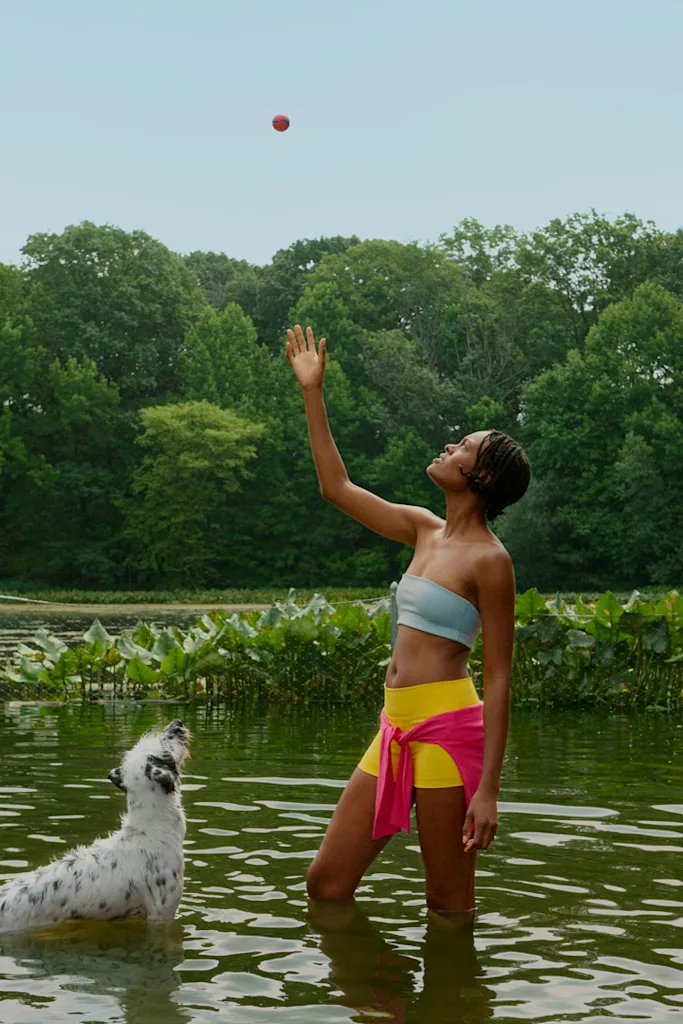
With this new chapter of Outdoor Voices, you’re integrating your other companies—Joggy and Try Your Best. Were you surprised that Consortium was so eager for you to bring all these businesses together?
All of these companies are synergistic. TYB has more than 200 of the top consumer brands on the platform. The tool is really working to help brands engage with their community and make them more valuable over time. So it’s a tool that was made for Outdoor Voices in many ways.
And for Joggy, it has a similar mission to maximize happiness through movement. So having a can in hand while you’re “doing things” just makes sense. It’s not that deep, but you’ll see how the brands continue to work together.
I think it’s very meaningful that Consortium really sees me, and came to me first. I believe in my ability to set a vision and execute against it. Being here feels right, and I think it’s a recipe for success.
What's Your Reaction?
 Like
0
Like
0
 Dislike
0
Dislike
0
 Love
0
Love
0
 Funny
0
Funny
0
 Angry
0
Angry
0
 Sad
0
Sad
0
 Wow
0
Wow
0






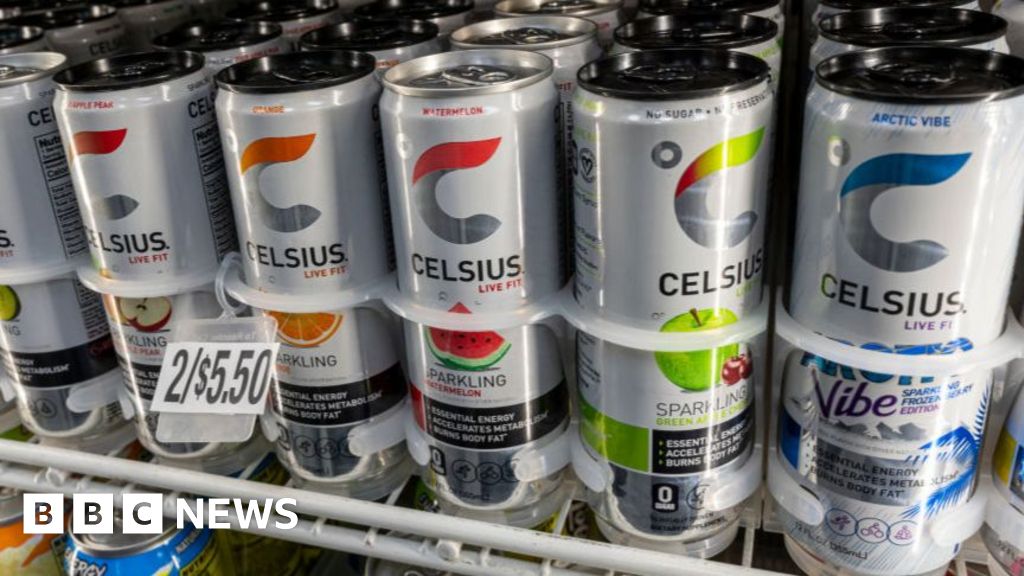


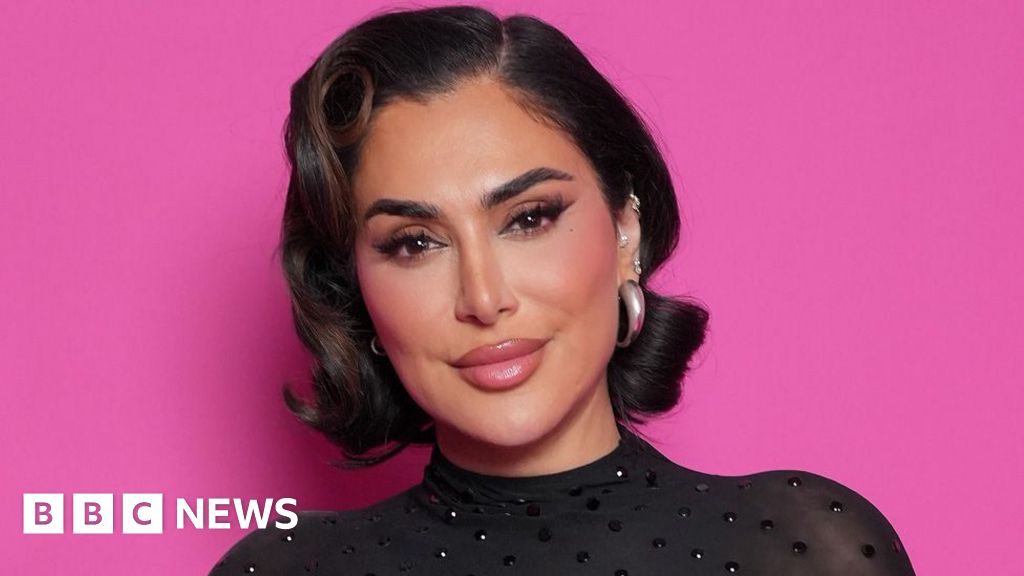

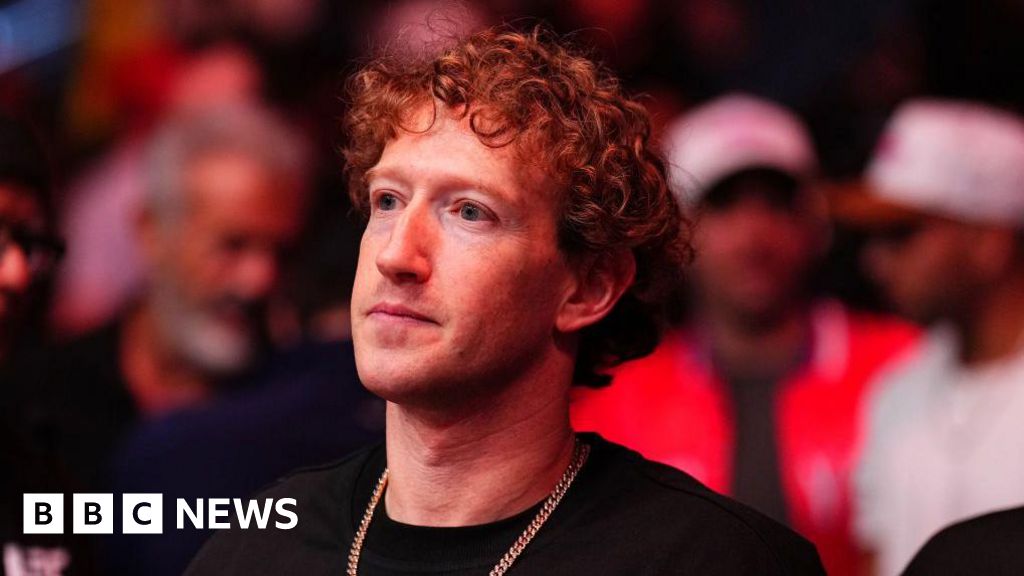












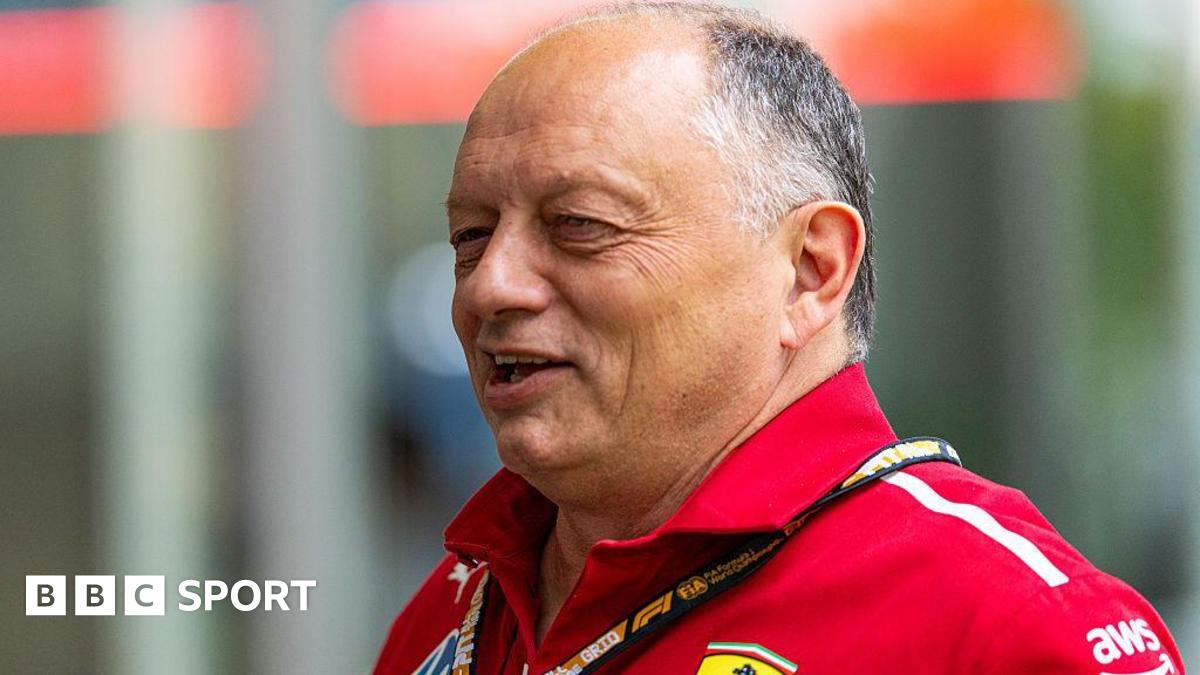





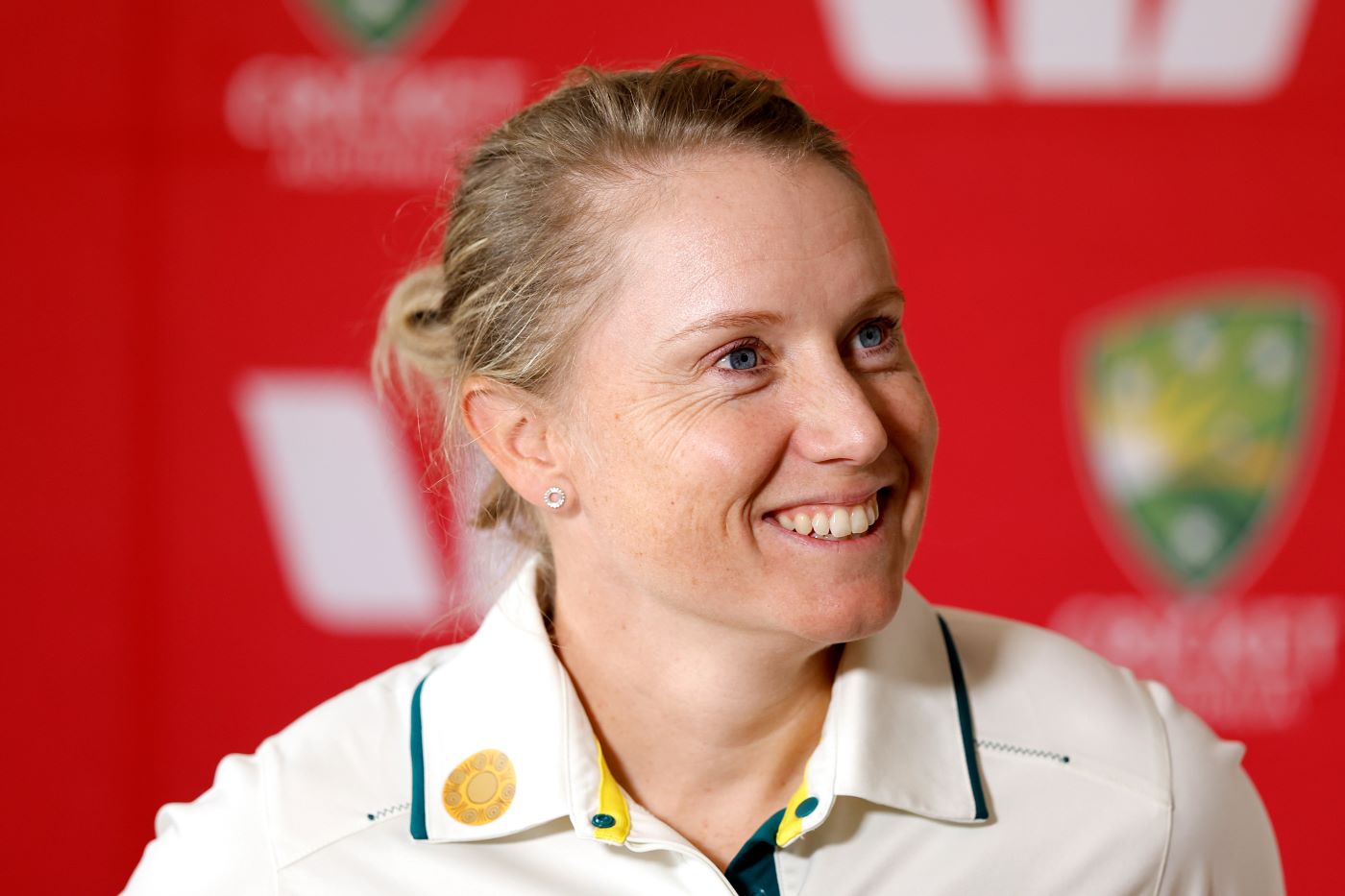

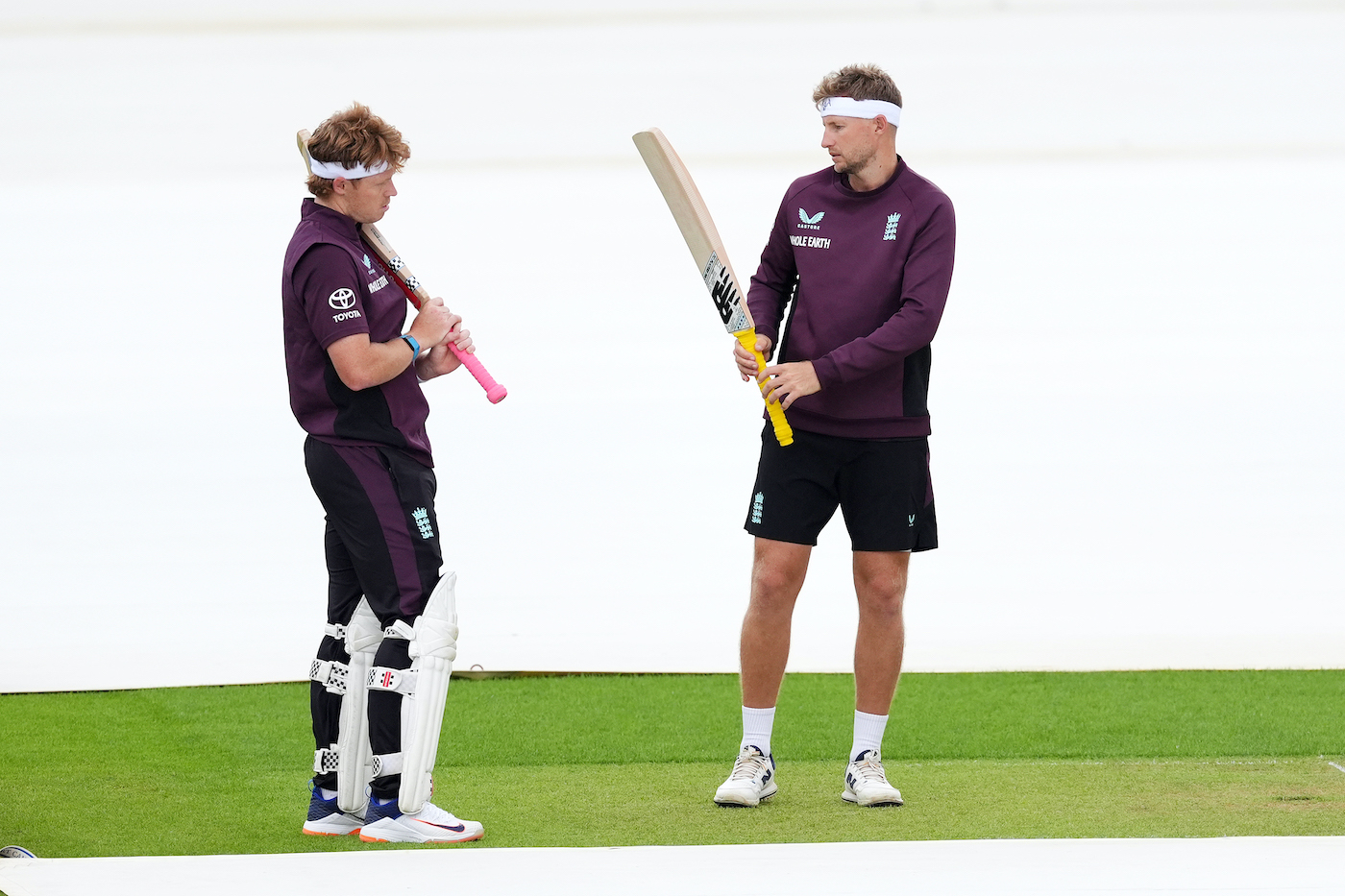

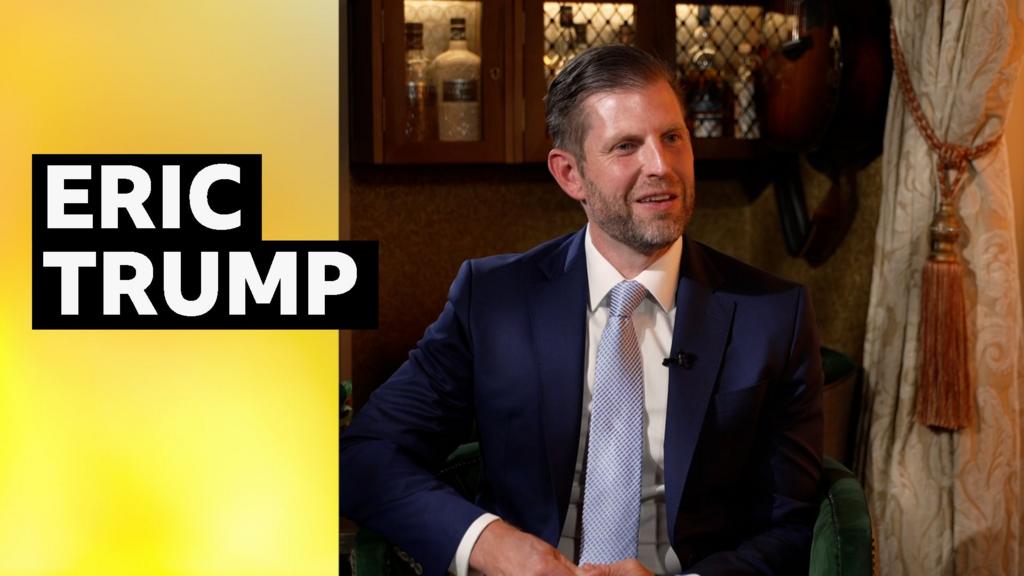
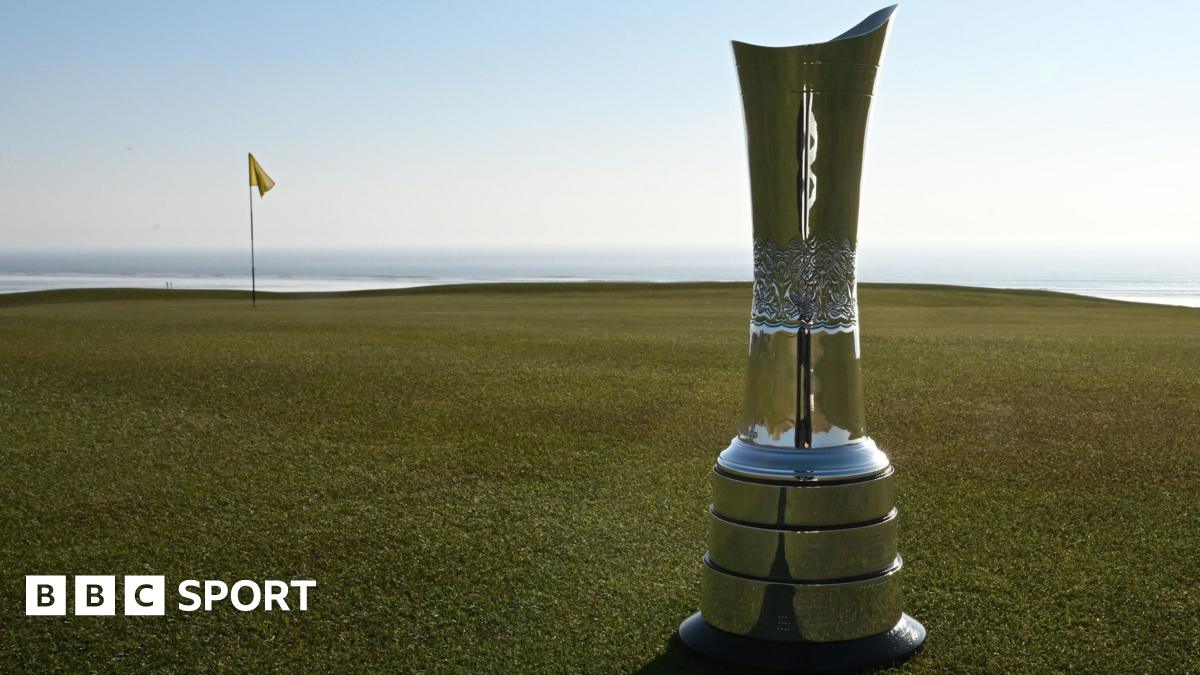
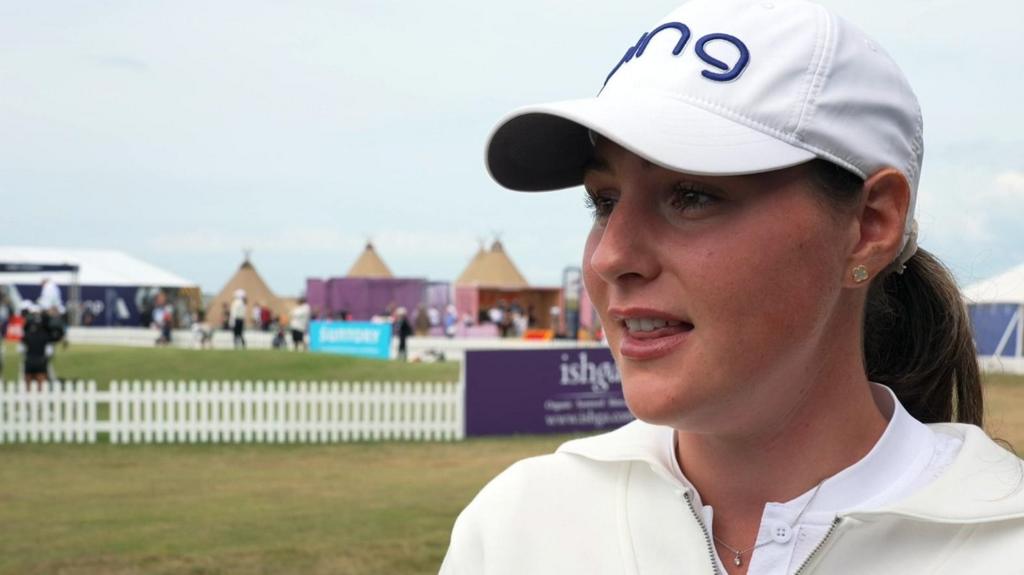
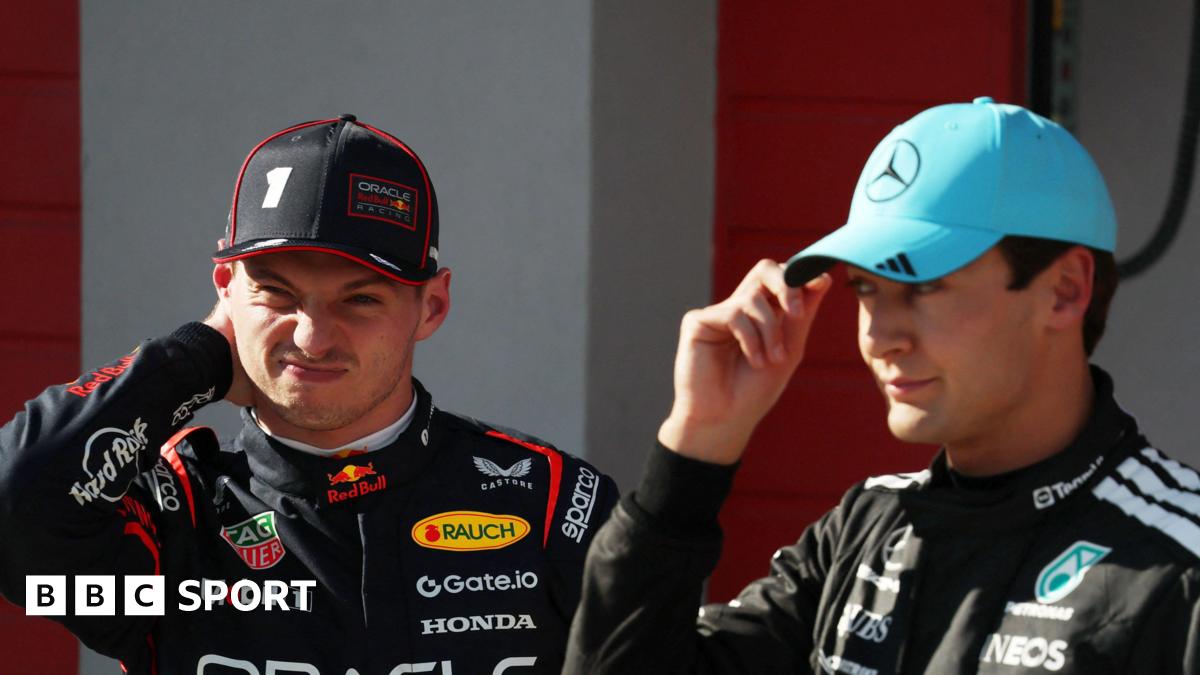




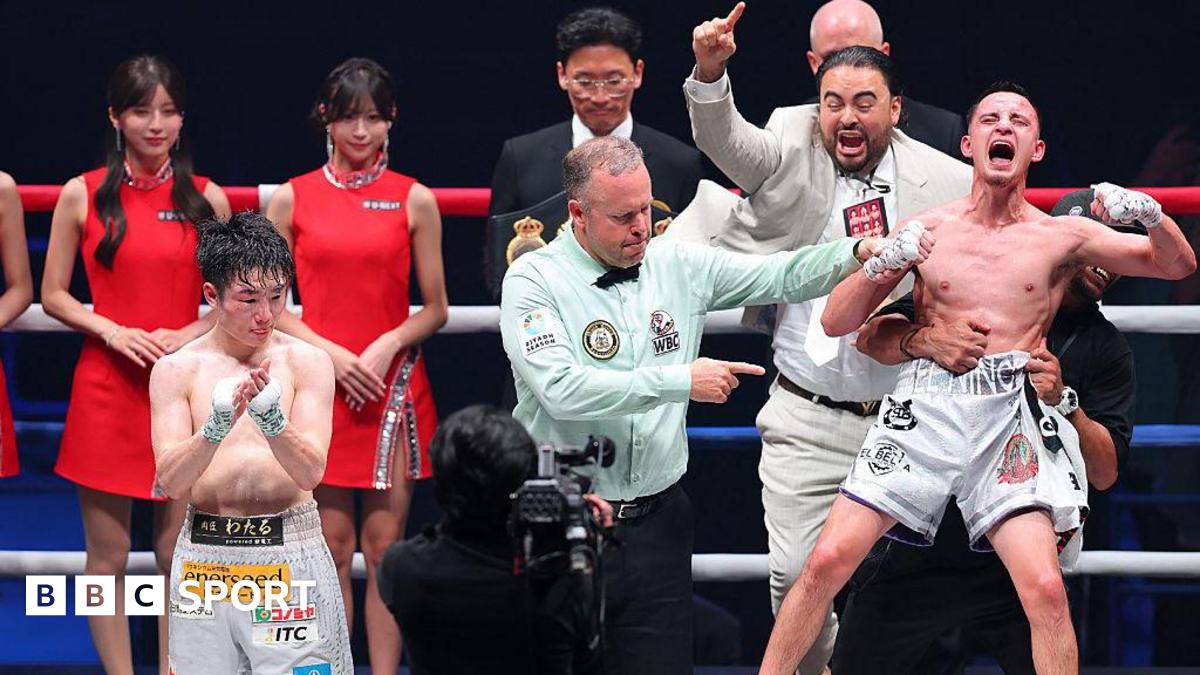
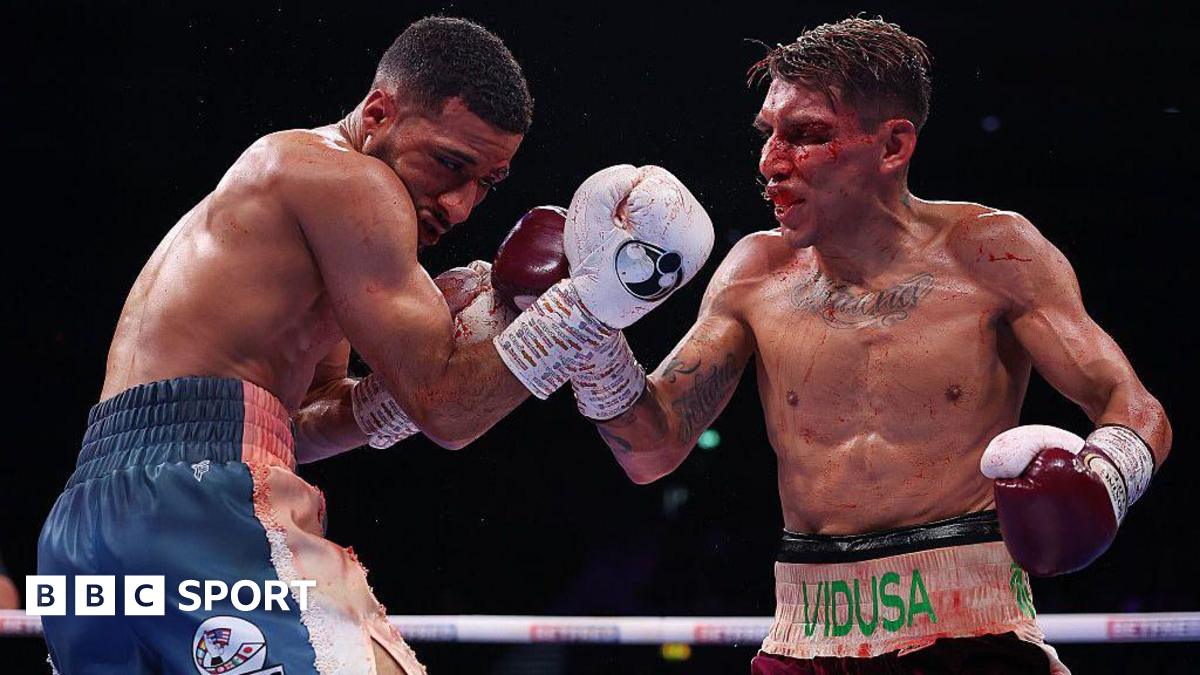
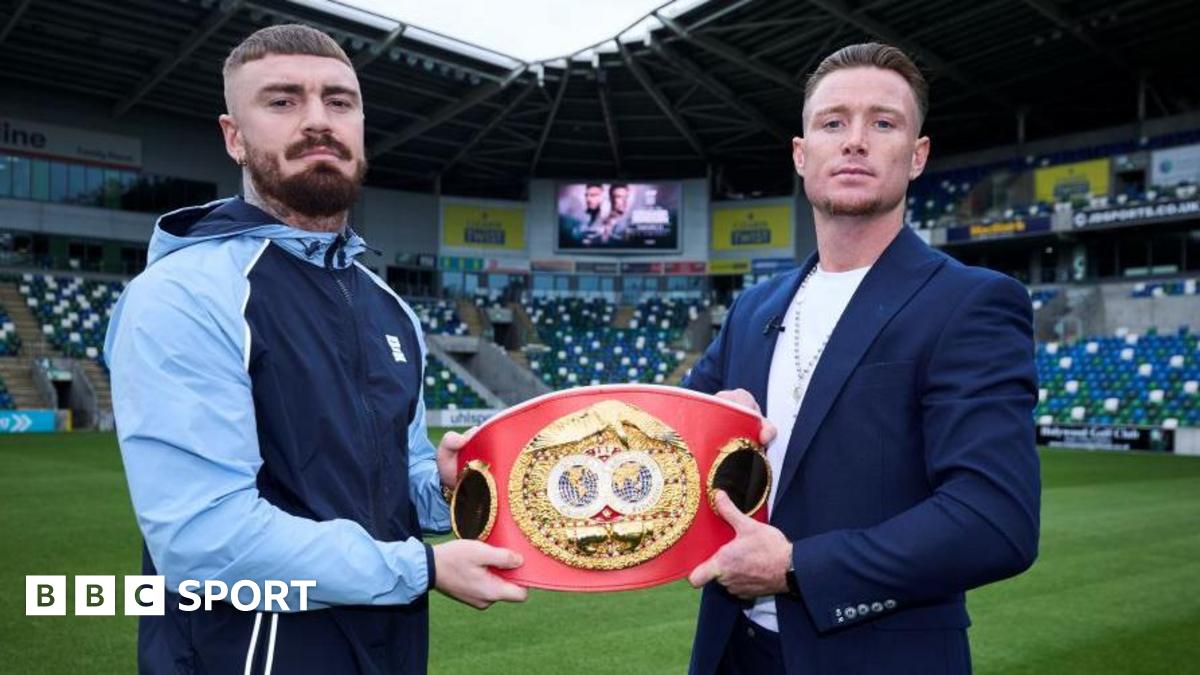
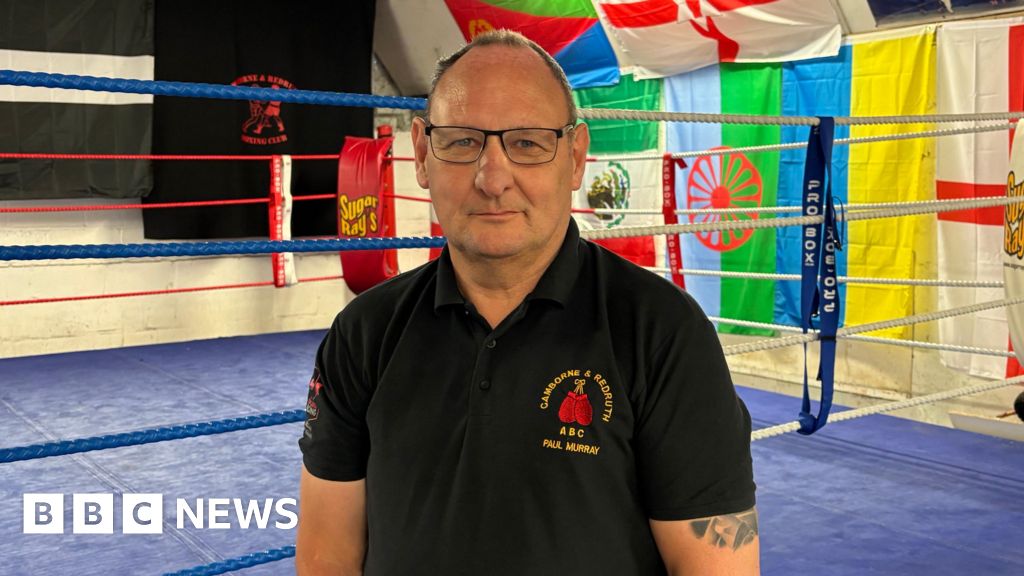

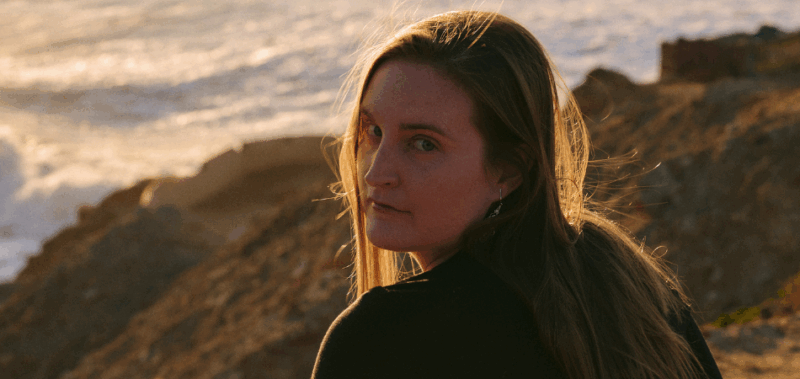
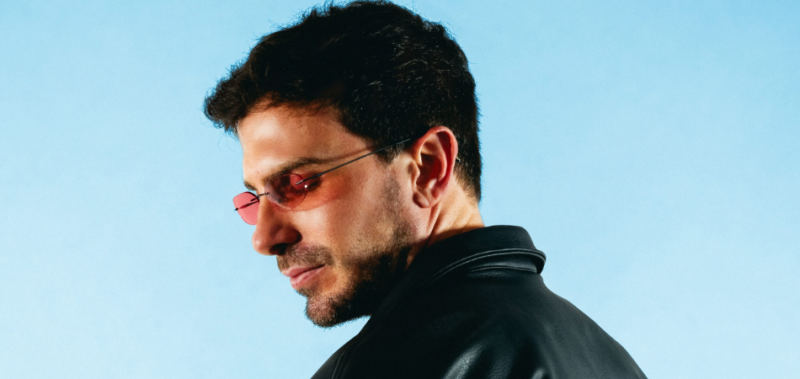


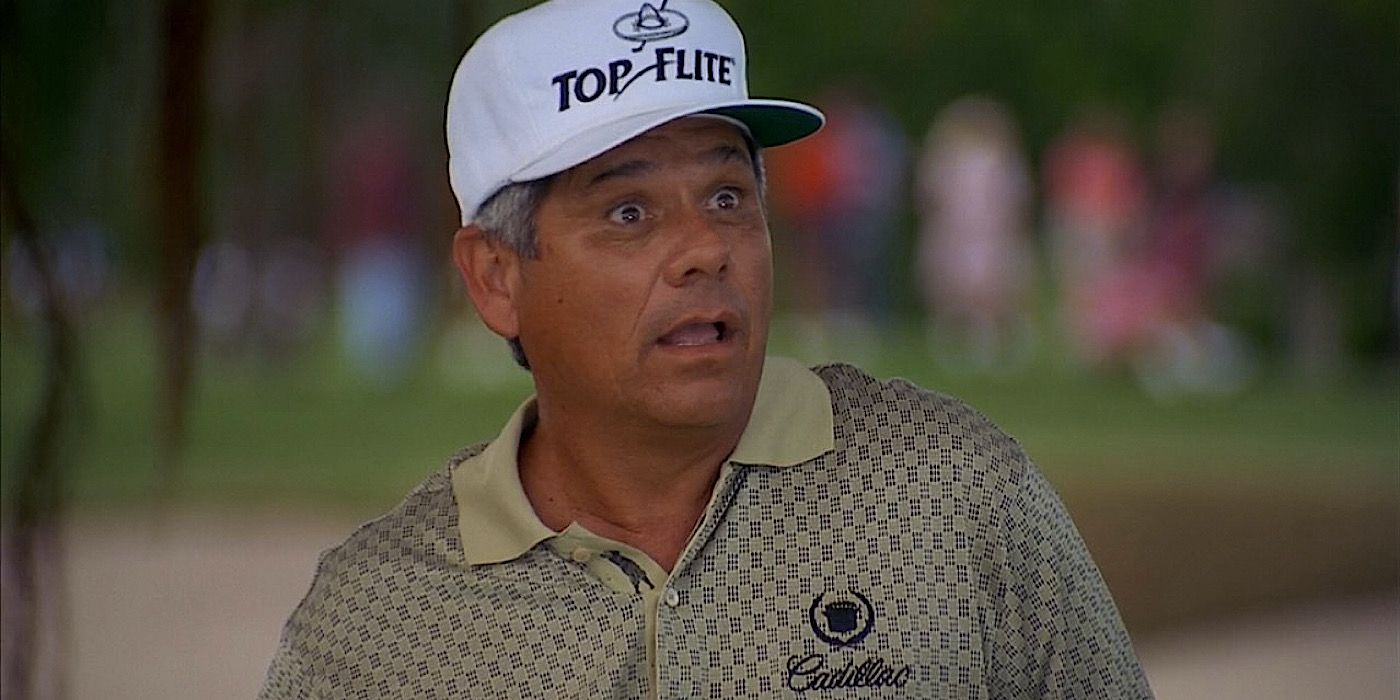
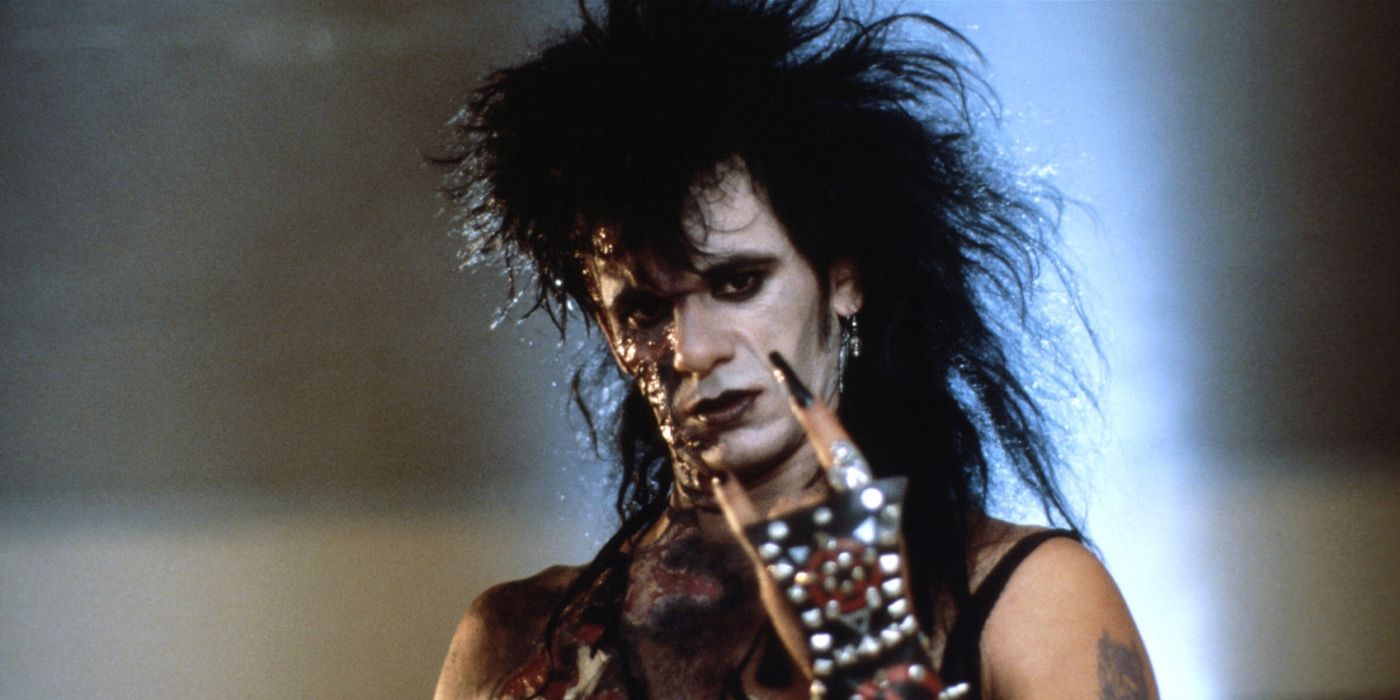
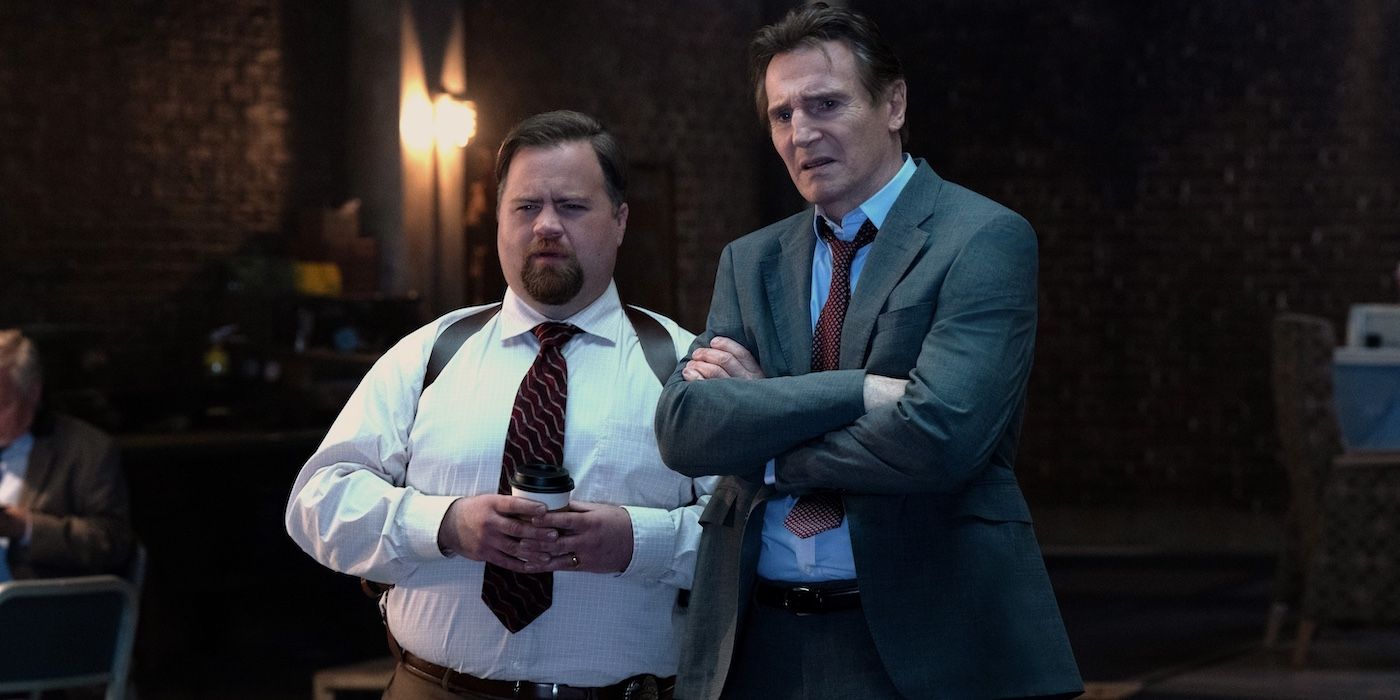
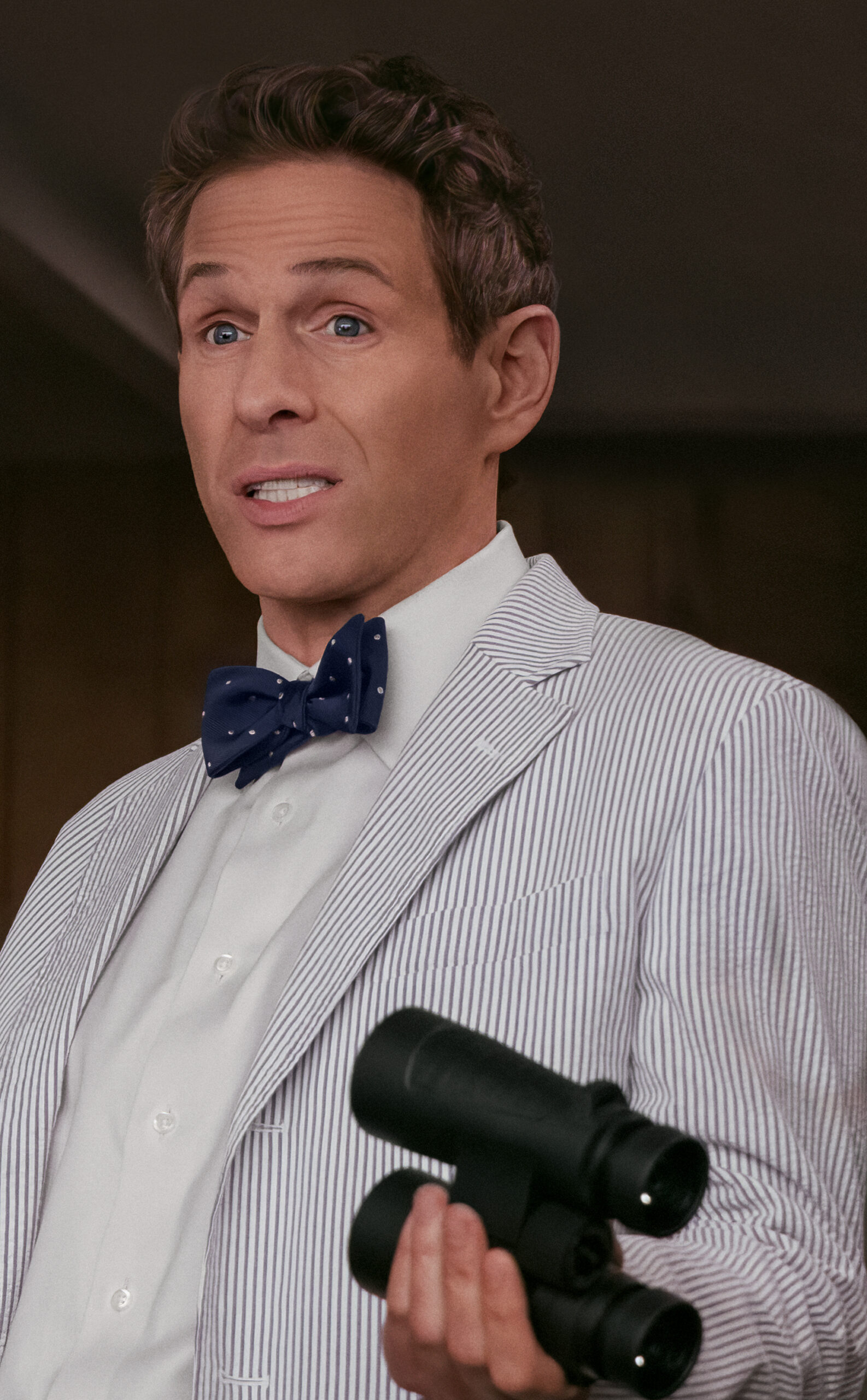
![The Challenge Premiere: Cara Maria Sorbello Breaks Down That ‘Wild’ First Challenge, Why [Spoiler] Was Eliminated](https://tvline.com/wp-content/uploads/2025/07/the-challenge-vets-and-new-threats-premiere.png?#)





